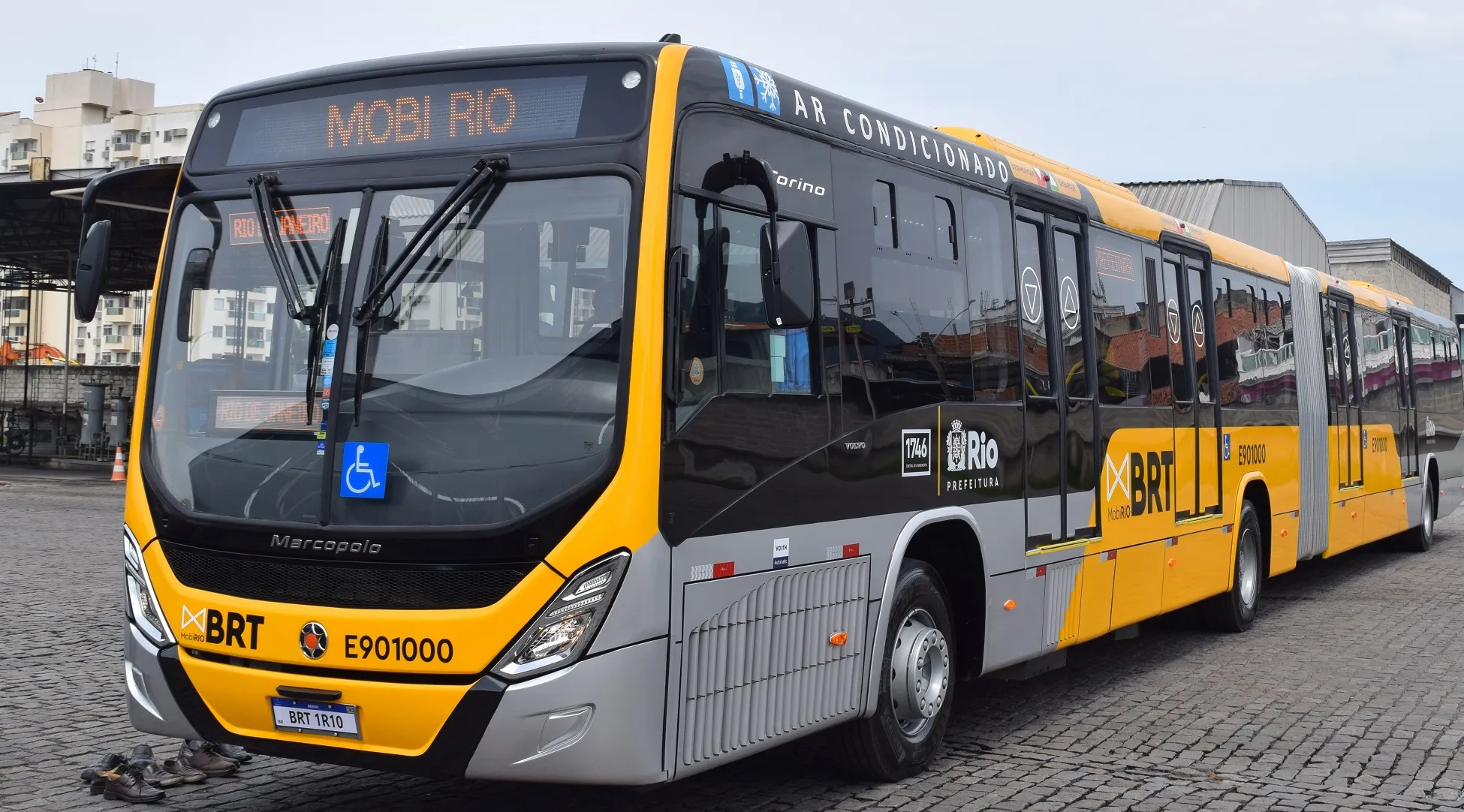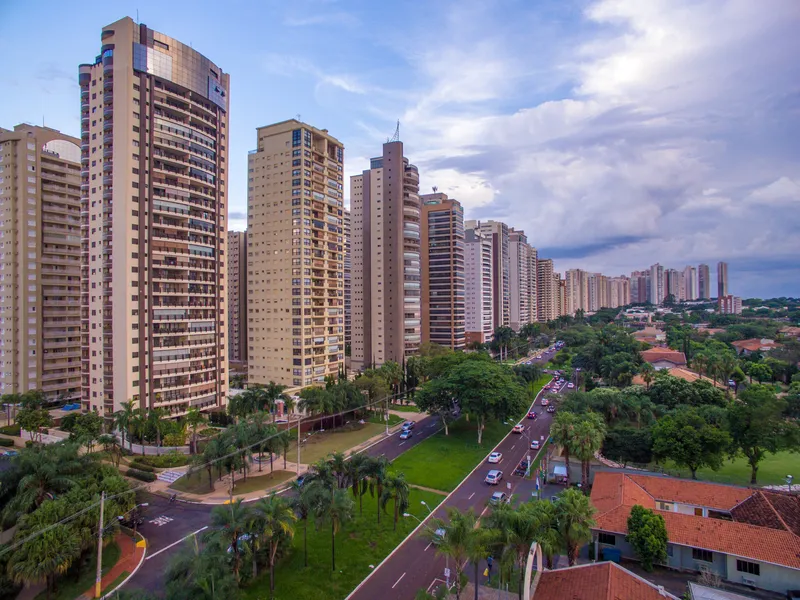
Optibus is to supply the planning and scheduling software for Rio de Janeiro's bus rapid transit (BRT) system.
Public transport Companhia Municipal de Transportes Coletivos - CMTC - Mobi-Rio manages the system in Brazil's second-largest city.
The BRT was inaugurated in 2012 with the opening of the TransOeste corridor, with two more - the TransCarioca and the TransOlímpica - added for the 2016 Olympics. A fourth, TransBrasil, will come next year, adding 32km to the 120 km network.
It serves 255,000 daily passengers, has 125 stations and eight terminals and Mobi-Rio plans to add 291 new vehicles across the network by March 2023, helping to reduce crowding on buses, increase service frequency and improve passenger experience.
Rio de Janeiro’s City Hall is seeking to expand the fleet even more by bringing in an additional 270 buses by February 2024.
The addition of a new corridor and hundreds of new buses necessitates significant updates to Mobi-Rio’s service plans, Optibus says.
Its platform is already used in Brazil, particularly in Rio Grande do Sul and Minas Gerais, and the firm says many software features were developed specifically for the Brazilian market in partnership with regional transportation operators.
“Optibus is committed to making public transportation more efficient, more attractive to passengers, and more sustainable," says Victor Celada, Brazil regional director for Optibus.
"Through our platform, we will help Rio’s BRT achieve these and other goals, including increasing efficiency and service quality, improving access to transport, reducing emissions, optimising costs and resources, and reducing manual work."








